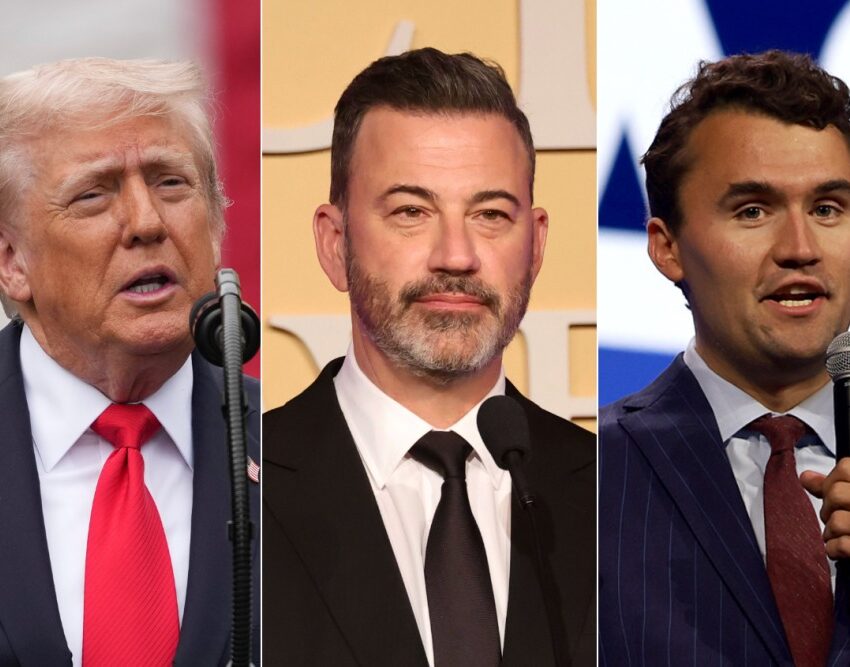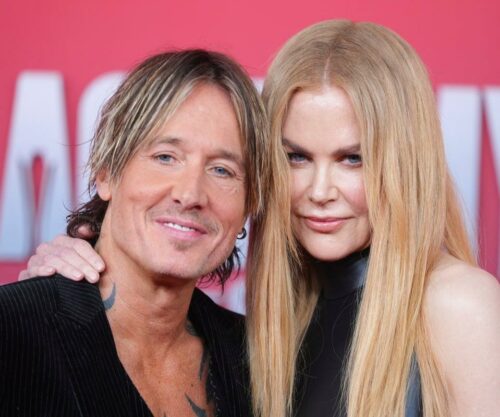
Late-night satire meets political fire
Jimmy Kimmel’s late-night talk show has been pulled from the air after a fiery monologue about the killing of conservative activist Charlie Kirk. What began as biting satire turned into a political showdown, fuelling debates over free speech and media influence in America.
Kimmel accused Donald Trump and his allies of exploiting Kirk’s death for political gain. He mocked Trump’s reaction, likening it to a child mourning a goldfish, and pointed to contradictions in how MAGA supporters were framing the killing. Within hours, ABC and its broadcast partner, Nexstar, suspended the show indefinitely.
Trump celebrated the decision, hailing ABC for having the “courage” to cancel what he described as a ratings-challenged programme.
Trump, Vance, and the politics of Kirk’s death
Charlie Kirk’s murder has become a flashpoint in US politics. Trump and Vice President JD Vance were quick to blame “left-wing extremism” for the killing. The White House has since moved to designate Antifa as a terrorist organisation.
Federal Communications Commission chairman Brendan Carr, a Trump ally, warned Disney and ABC of potential consequences. Nexstar, which airs Kimmel’s show, argued his remarks were “offensive and insensitive” and said the suspension was needed to “let cooler heads prevail.”
Backlash and accusations of censorship
The suspension provoked widespread outrage. California governor Gavin Newsom called it “real-time censorship,” while Senate minority leader Chuck Schumer urged Americans to stand against the silencing of Kimmel.
Comedians and celebrities joined the chorus. Wanda Sykes accused Trump of undermining freedom of speech. Ben Stiller tweeted simply: “This isn’t right.” Writers’ unions condemned ABC for caving to political pressure, warning that silencing comedians undermines democratic freedoms.
A trend in late-night television
Kimmel’s removal follows the recent cancellation of Stephen Colbert’s Late Show, despite CBS denying any political link. Both comedians have been vocal critics of Trump, and their exits raise concerns about the survival of politically charged satire in the current climate.
Trump, who frequently brands himself as a champion of free speech, continues to target outlets that criticise him. This week he launched a lawsuit against The New York Times. His supporters see Kimmel’s cancellation as a victory for community standards, while critics warn it marks a dangerous step towards political censorship.
What’s next for Kimmel?
Kimmel’s programme had averaged 1.57 million viewers, and his YouTube channel boasts nearly 21 million subscribers. Whether the show makes a comeback is unclear. For now, the silence left by his absence is louder than the jokes that got him taken off air.
The battle over his show is no longer just about television. It is a test of how far political leaders can push media institutions and whether late-night comedy can survive as a space for sharp criticism in a polarised America.
Source: Sky News
Featured Image: Variety




